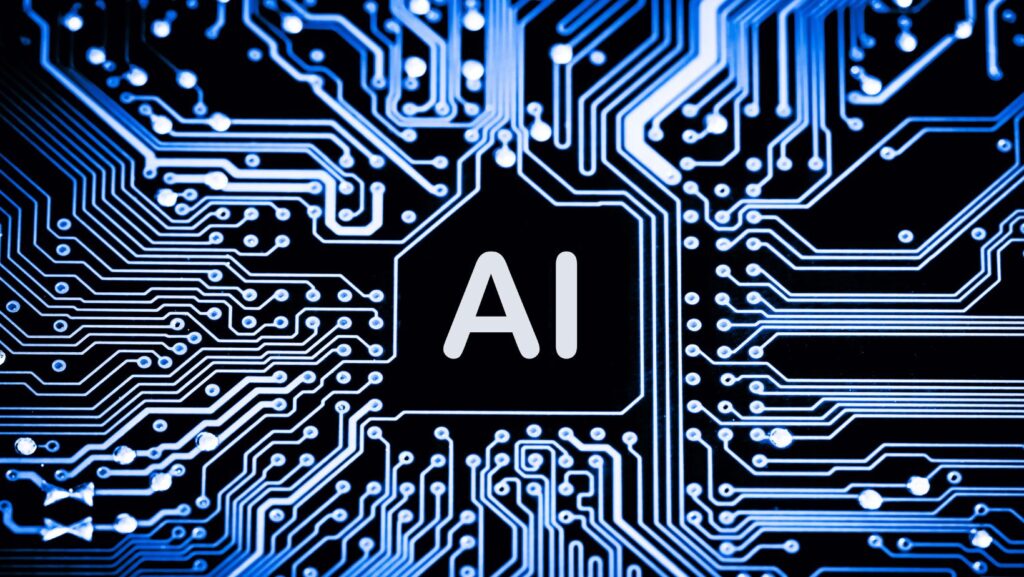
Artificial intelligence (AI) is changing healthcare in many ways. From faster diagnoses to personalized treatments, AI helps doctors and patients get better results. Advanced models like medical GPT are leading the way in medical data analysis. This technology is making healthcare more efficient and accessible. Here’s how AI is transforming patient care and treatment.
Faster and More Accurate Diagnoses
AI can analyze medical data much faster than humans. It scans images, reads reports, and identifies patterns that might take doctors much longer to find. For example, AI-powered tools help radiologists detect cancer in X-rays and MRIs. These tools improve accuracy and reduce the risk of misdiagnosis.
AI also assists in diagnosing diseases earlier. Machine learning models can analyze patient history and predict conditions before symptoms appear. Early detection means better treatment options and higher survival rates.
Personalized Treatment Plans
Every patient is different. AI helps create treatment plans based on individual needs. By analyzing genetic information, lifestyle choices, and medical history, AI recommends the best therapies for each patient.
For cancer patients, AI can suggest the most effective drugs based on their specific tumor type. In mental health, AI-powered chatbots offer support and suggest therapy methods tailored to a person’s emotions and responses. This level of personalization leads to better treatment outcomes.
Improving Hospital Efficiency
Hospitals are busy places with many challenges. AI helps streamline operations. AI-powered scheduling tools organize doctor appointments, reducing wait times. Automated systems handle administrative tasks and allow medical staff to focus on patient care.

AI also manages hospital resources. It predicts patient admission rates and ensures enough beds and staff are available. By optimizing workflows, hospitals provide better and faster care.
Enhancing Remote Healthcare
Telemedicine has grown in popularity, and AI plays a major role in its success. AI-powered chatbots and virtual assistants answer patient questions, track symptoms, and provide basic medical advice. This reduces unnecessary hospital visits and helps patients manage their health at home.
Wearable devices with AI monitor heart rate, blood pressure, and other health indicators. These devices alert doctors to potential health risks, allowing early intervention. AI-driven remote healthcare improves access to medical support, especially for people in rural or underserved areas.
Drug Discovery and Development
Developing new medicines is expensive and time-consuming. AI speeds up this process by analyzing large amounts of medical data. It identifies potential drug candidates, predicts how they will work, and reduces the time needed for clinical trials.
During the COVID-19 pandemic, AI helped researchers find existing drugs that could treat the virus. This shows how AI can respond quickly to global health challenges. By accelerating drug discovery, AI makes new treatments available faster and at lower costs.
AI’s Role in Mental Health Care
AI is also making a difference in mental health treatment. AI-powered chatbots and virtual assistants offer round-the-clock support to those struggling with anxiety, depression, and stress. These tools provide coping strategies, track mood changes, and even alert professionals if a person needs urgent help. By making mental health resources more accessible, AI is helping people get the support they need when they need it.
The Future of AI in Healthcare
AI continues to evolve, and its impact on healthcare will grow. As technology advances, AI will assist in robotic surgeries, mental health support, and even predicting disease outbreaks. However, challenges remain. Data privacy and ethical concerns need to be addressed. AI should work alongside doctors, not replace them. The goal is to enhance human expertise, not eliminate it.

AI is already making healthcare smarter, faster, and more personalized. As it continues to improve, patients will receive better care and treatment. The future of healthcare looks promising with AI leading the way.












